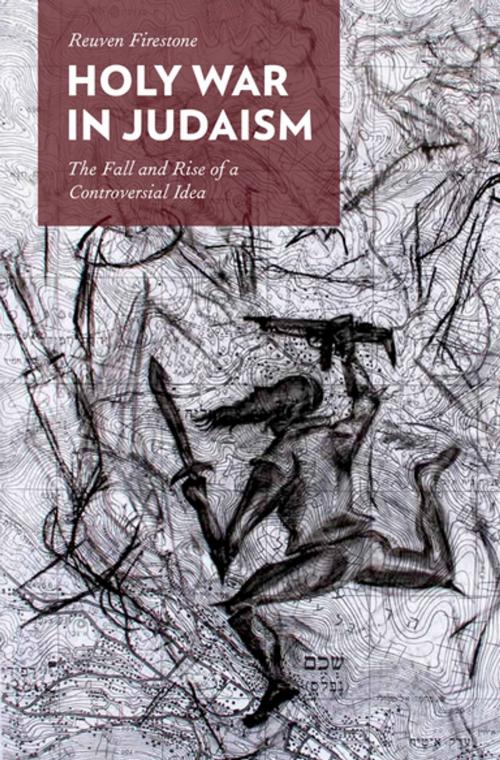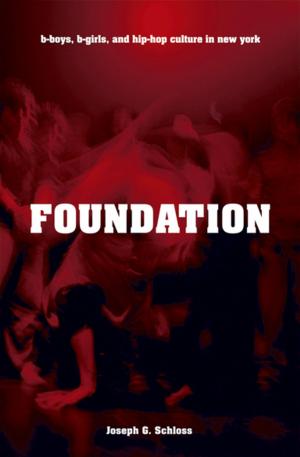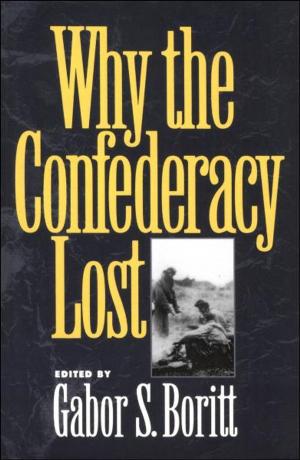Holy War in Judaism
The Fall and Rise of a Controversial Idea
Nonfiction, Religion & Spirituality, Judaism, History| Author: | Reuven Firestone | ISBN: | 9780199977154 |
| Publisher: | Oxford University Press | Publication: | July 2, 2012 |
| Imprint: | Oxford University Press | Language: | English |
| Author: | Reuven Firestone |
| ISBN: | 9780199977154 |
| Publisher: | Oxford University Press |
| Publication: | July 2, 2012 |
| Imprint: | Oxford University Press |
| Language: | English |
Holy war, sanctioned or even commanded by God, is a common and recurring theme in the Hebrew Bible. Rabbinic Judaism, however, largely avoided discussion of holy war in the Talmud and related literatures for the simple reason that it became dangerous and self-destructive. Reuven Firestone's Holy War in Judaism is the first book to consider how the concept of ''holy war'' disappeared from Jewish thought for almost 2000 years, only to reemerge with renewed vigor in modern times. The revival of the holy war idea occurred with the rise of Zionism. As the necessity of organized Jewish engagement in military actions developed, Orthodox Jews faced a dilemma. There was great need for all to engage in combat for the survival of the infant state of Israel, but the Talmudic rabbis had virtually eliminated divine authorization for Jews to fight in Jewish armies. Once the notion of divinely sanctioned warring was revived, it became available to Jews who considered that the historical context justified more aggressive forms of warring. Among some Jews, divinely authorized war became associated not only with defense but also with a renewed kibbush or conquest, a term that became central to the discourse regarding war and peace and the lands conquered by the state of Israel in 1967. By the early 1980's, the rhetoric of holy war had entered the general political discourse of modern Israel. In Holy War in Judaism, Firestone identifies, analyzes, and explains the historical, conceptual, and intellectual processes that revived holy war ideas in modern Judaism.
Holy war, sanctioned or even commanded by God, is a common and recurring theme in the Hebrew Bible. Rabbinic Judaism, however, largely avoided discussion of holy war in the Talmud and related literatures for the simple reason that it became dangerous and self-destructive. Reuven Firestone's Holy War in Judaism is the first book to consider how the concept of ''holy war'' disappeared from Jewish thought for almost 2000 years, only to reemerge with renewed vigor in modern times. The revival of the holy war idea occurred with the rise of Zionism. As the necessity of organized Jewish engagement in military actions developed, Orthodox Jews faced a dilemma. There was great need for all to engage in combat for the survival of the infant state of Israel, but the Talmudic rabbis had virtually eliminated divine authorization for Jews to fight in Jewish armies. Once the notion of divinely sanctioned warring was revived, it became available to Jews who considered that the historical context justified more aggressive forms of warring. Among some Jews, divinely authorized war became associated not only with defense but also with a renewed kibbush or conquest, a term that became central to the discourse regarding war and peace and the lands conquered by the state of Israel in 1967. By the early 1980's, the rhetoric of holy war had entered the general political discourse of modern Israel. In Holy War in Judaism, Firestone identifies, analyzes, and explains the historical, conceptual, and intellectual processes that revived holy war ideas in modern Judaism.















